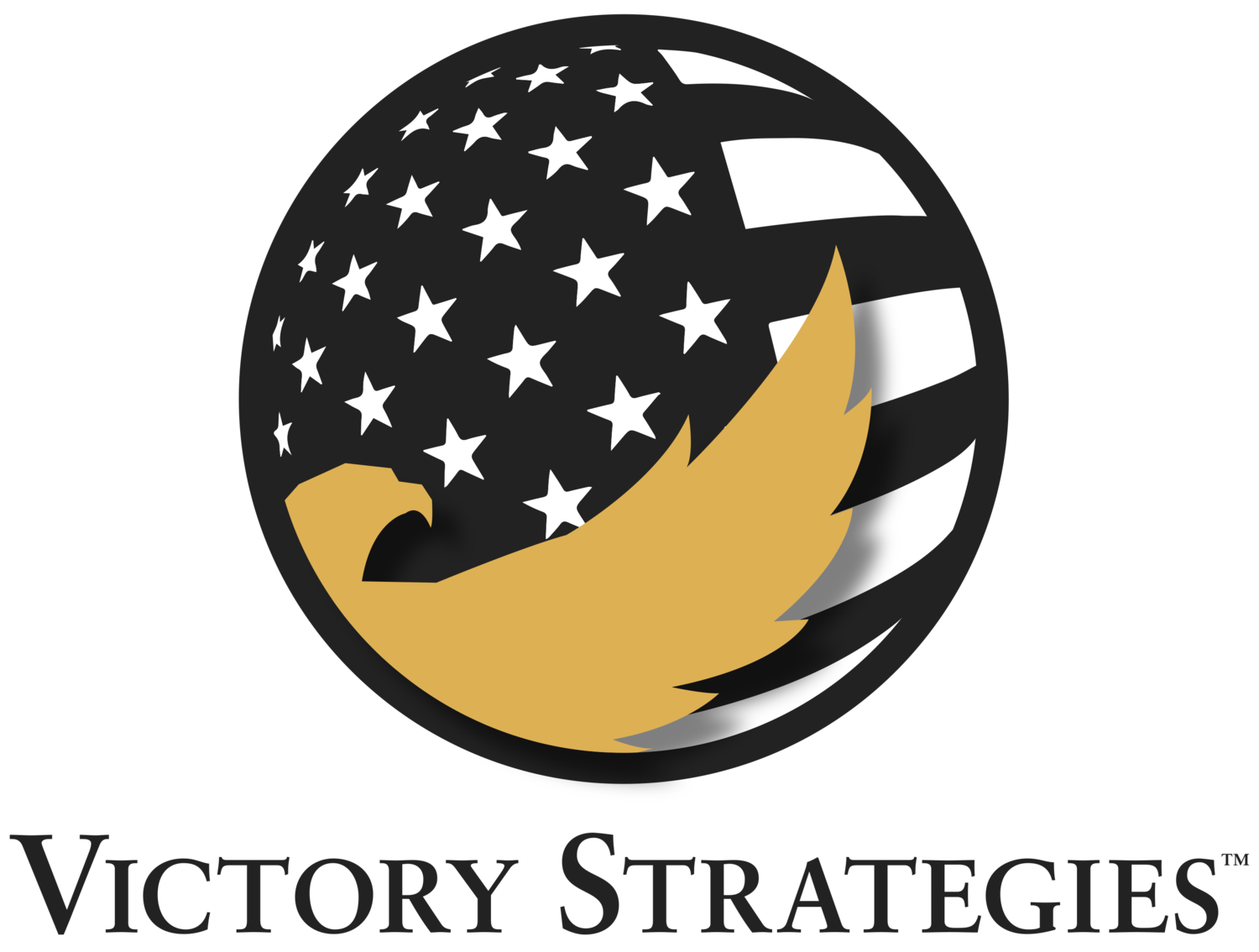You are only as strong as your weakest link. So only select strong players on your team.
Ok, I’ll go along with this popular saying, somewhat. But what I do know, is that you better have a bunch of ‘I’s” when you are building your team. Not the implied selfish “I’s”. I’m talking about the selfless “I’s”.
You see, the elephant in the room is that your team is only as good as your weakest link. If that weak link is allowed to stay and limit the performance of the others, you are all going to pay, eventually. The selection of potential team members is everything. It is key to know if they are maxed out in their potential or are they only getting started as you on board them? You must have a well-defined progression plan that trusts while it verifies.
So the common denominator is accountability.
Both for the organization and individual, culpability is key. Are you being picky in your selection? You must, it is imperative that you look for potential members who have held themselves accountable in life. Are they balanced in attitude, study, fitness, and practice? They better be or they have a high likely hood of being the weak link. Can they articulate past successes in a humble way during your conversations?
Then the next question is, are you diversified in your core talent requirements?
What is your team make up in select skills? Operations, Engineers, Legal, Logistics, HR, Finance, IT, Technicians, Safety, as required, what other specialties do you need in the team? What validated legacy processes are you keeping and what institutional changes are you lacking? You have to know these before you start hiring. The executive team has to be honest. Is the process structure for the team viable or antiquated? You can guarantee team failure by giving responsibility and simultaneously withholding authority.
Remember this trend, you hire based on specific technical experience and you fire because of bad or lack there of in soft skills. Don’t repeat it. Measure soft skills during your conversations.
Here is why…
Once formed, does your team work well together? Is tension subsurface and temporarily suppressed or is there a “no kidding” care for each other? Are you fostering a culture of care and positive competition? Are the organizations goals long and strategic or are there many daily fires sucking time away from much needed creativity and deliberate actions? Calm and deliberate wins every time.
There is a reason why there are so many questions here. It’s difficult to do, to build a viable team. After the organization allows for the culture so that a team may form, then, the team member’s effort is key. You miss diagnose one charlatan and add him/her to the mix, you just screwed your plans up. Again as highlighted up top, your team members must have personal accountability towards their attitude, study, health and repeated efficient practice of assigned responsibilities. Stagnation cannot be tolerated.
Now that I have been a civilian for the last two years, a big mistake I see the team creators make is not taking an active role in the team building process. Far to often they allow the organizations HR and recruiting team, feed them team members. Instead of actively finding and pushing HR to on board the one(s) they found, have networked, now want and need.
Other flaws organization make when building teams is not adjusting structure and processes to allow for efficiencies. Its all important: Work life balance, competitive pay, benefits, partial remote work, travel, task responsibilities/authority, structured meetings that continually strive for answers to who, where, when, why and how much efficiently. High functioning people can spot inflexibility a mile away and will not hesitate to say no thank you to your offer of employment.
With LinkedIn, it has never been easier to search for and find the people you need and target. Be aggressive in your problem solving and your current problems will be resolved so that you and your team can take on more and more. There are many people out there that will crave for a team like this - ultimately helping you.
That’s if, you build your team in a proactive way. Being a reliable “I” in a team is something that individuals should drive for. In fact, when comes to elite military units - “The I’s have it”.
Authored By: Joseph Barnard, Retired Pararescueman Officer
Click Here to View Joseph’s Bio.
Have questions, comments, or suggestions for the Victory Strategies Team or Author? Leave them below.
